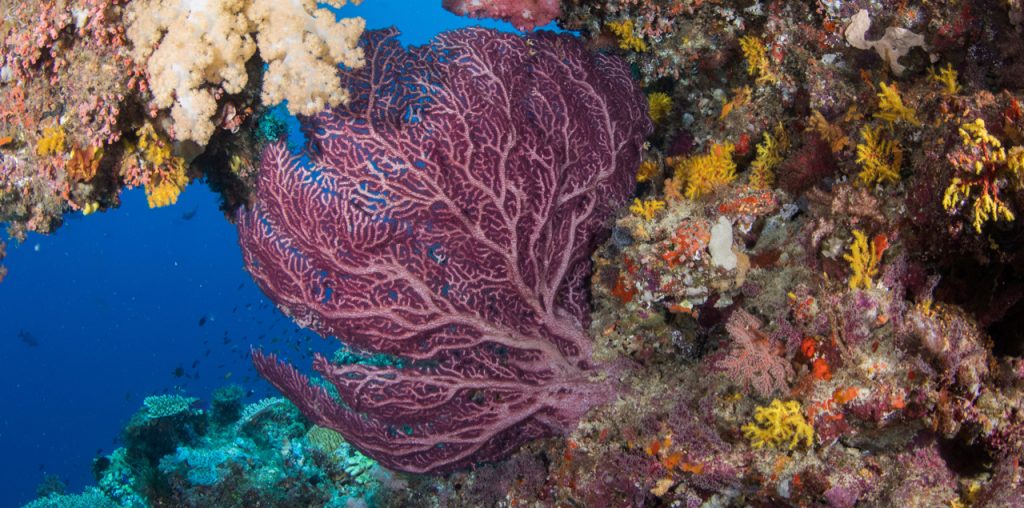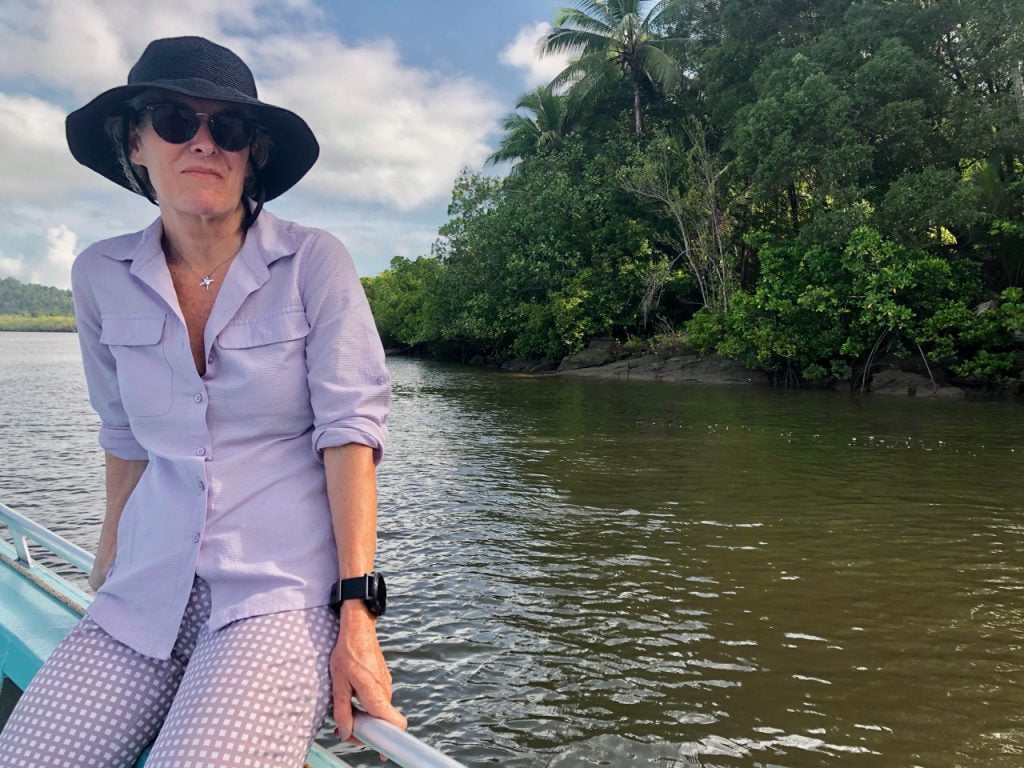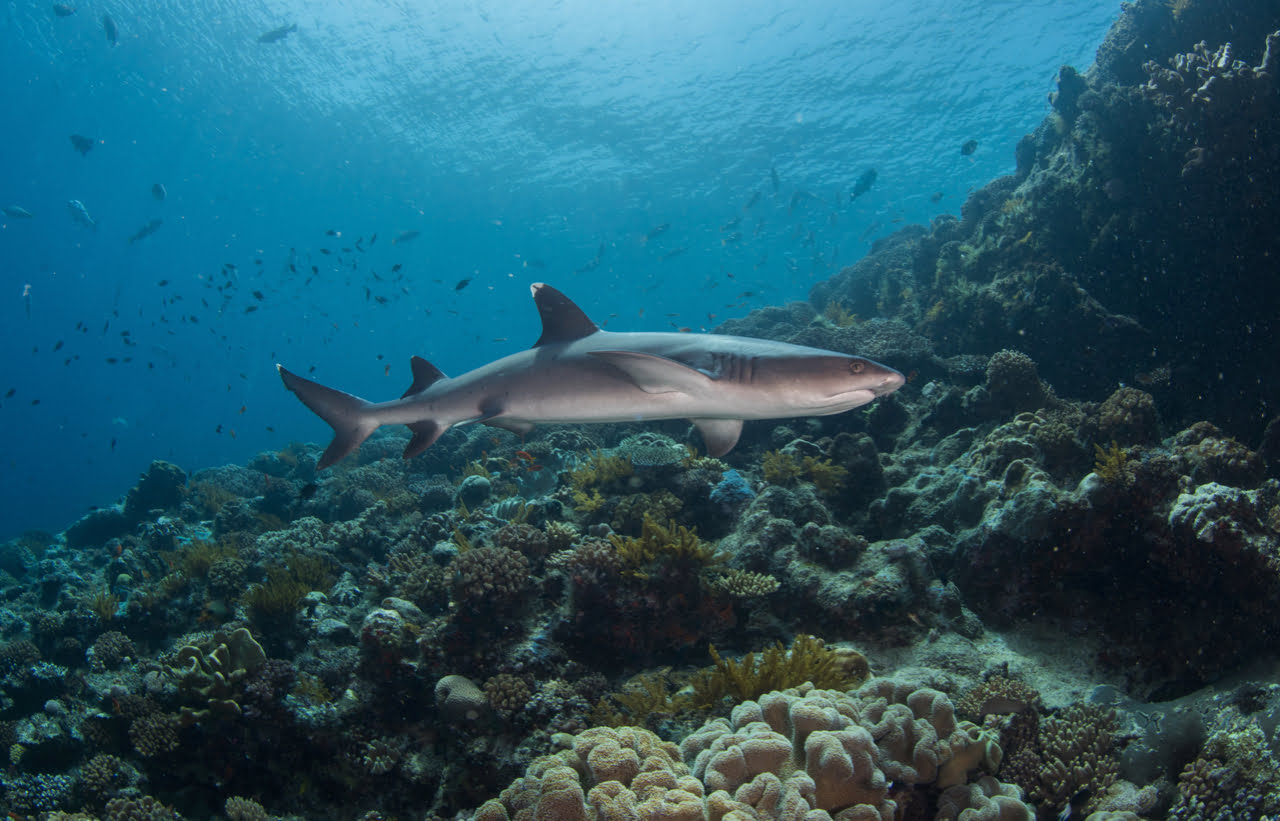It has always been the case that the individual is expected to conform, and that there is hierarchy within myths.
Myths are of course traditional stories, often explaining a natural phenomenon typically involving supernatural beings or events. Of course, most people, most of the time, are so immersed (and kept so busy) within the established hierarchy and the myth, that they see it as their only reality. But it may not actually work for them (it could even be making them unhappy) especially if they want to be adventurous, and if they want to know the truth and be successful.
This is especially the case if they want to profit from the environment because at this point in our history anyone who interacts in a robust way with the natural environment, for example a farmer or fisherman, is likely to be immediately portrayed as harming the natural environment. Never mind that fundamental to our existence is food, that it still all comes from nature – whether farmed or hunted or gathered.
The Great Barrier Reef is a case in point. At the top of the established hierarchy are the scientists. They are telling us all that the reef is under so much stress from rising ocean temperatures, catastrophic cyclones and declining water quality and its our fault. Rising ocean temperatures have apparently caused the destruction of so many reefs especially through coral bleaching, which is when the corals expel their symbiotic zooxanthellae and become a stark white colour.
Because the scientists are at the top of the hierarchy, whatever they say tends to be parroted by others. Yet it makes no sense to undertake aerial surveys at 300 metres altitude from a plane window as a way of assessing the health of coral reefs that are growing vertically down cliff faces. Yet this is what they do: how the most widely reported assessments of reef health are conducted.
Scuba divers, and dive operators, record and log water temperatures and they go under-the-waves including over vertical edges and under dark ledges where so many colourful corals can be found. So, Scuba divers have firsthand experience of water temperatures and the state of the corals. What few realise, is that many of dive operators are also dependent on established hierarchies for their permits to operate, to visit the marine parks where the best corals grow.

When those with first hand experience turn-off their televisions and stop and think, they mostly know it to be a lie that ocean temperatures are rising catastrophically, and that the corals in the marine parks are in decline. Their experience is otherwise.
If there is any statistic that gives me cause to worry it is shark numbers. It is well documented that hundreds of sharks are killed each year in nets and on drumlines all along the Queensland coast. Scuba divers who have spent whole careers under-the-sea, including Val Taylor, write that the sharks are not coming back – that numbers are not what they used to be even in the most protected green zones within the marine parks.
In the end, if we really care about nature (the sharks and the corals) there needs to be much less hierarchy, and much more discussion between divers, fishers, farmers and scientists about the real issues that need addressing, and with all the evidence admitted.
At present there is a tendency for contrary evidence to be expelled like zooxanthellae from bleached reefs.
Except, that while most of the corals that expelled their zooxanthellae back in April 2016 have taken it all back and recovered – the situation within key Great Barrier Reef research institutions is to permanently expel contrary evidence and squash any, and everyone, who refuses to parrot their extraordinary claims.
What is not realised by most, is that just as the institutions expel wayward scientists, they also have the power to take away the licences of dive operators – such are the current hierarchies.

****
The white-tipped reef shark at the top of this blog post was taken at the Vertical Gardens Dive Site in January 2020. To know when the cinematography that captures all of this is released as a first short film consider subscribing for my irregular email newsletter here: https://jennifermarohasy.com/subscribe/ .


 Jennifer Marohasy BSc PhD is a critical thinker with expertise in the scientific method.
Jennifer Marohasy BSc PhD is a critical thinker with expertise in the scientific method.

It is a bit hard to reconcile a reduction in shark numbers with the increased number of serious injures & death from shark attack in the Whitsundays & northward in recent times.
I ran tourists boats, including dive & snorkeling trips around the islands & the outer reefs in the 70s & 80s with no problem with shark attack. I also rented bare boats to tourists who I am sure were no more careful swimming around the islands than those today.
Could it be a matter of a change of species of shark, rather than a loss in numbers?
Hey Hasbeen,
So good to hear from you.
I’m wondering if you still have the data you would have logged for water temperatures from back then … I know the dive shops/operators keep a log for each trip.
Data from the 1970s and 1980s logged from dive trips would be a valuable addition, to when I do manage to get any of the current diver operators to give me their data.
They are telling me their data shows no increasing trend, but by the same token they will not give me their Excel spreadsheets … ‘least I get them into trouble with the authorities for showing that there is no catastrophic anthropogenic global warming. In fact, I’m being told that no trend is showing up for the last 40 plus years for some locations along the Queensland coast.
Regarding sharks, there are numbers of fatalities listed here at Wikipedia: https://en.wikipedia.org/wiki/List_of_fatal_shark_attacks_in_Australia . It suggests there are very few people killed by sharks in Queensland water, like NONE in 2019.
When you write that serious attacks are on the increase … on what data/evidence are you basing this on?
This is purely hypothetical.
The shark attacks also occur on the beaches near the freight lines for the Australian live sheep exports from SA and WA, Adelaide to Perth then across the Indian Ocean.
The ships leave a huge burly of urine,faeces and dead sheep which must boost the plankton,higher order fish and ultimately sharks as the predator.
They leave a food trail for white pointers, from across the Indian Ocean right back home to WA and SA
There was one recently in WA.
https://www.abc.net.au/news/2020-07-31/shark-attack-in-bunker-bay-in-wa-south-west/12513620
The alternative hypotheses is that warm water is closer to the coast and attracts fish and feeding sharks.
So climate change rears its head.
The fact that the GBR has fewer shark attacks could be because the water is cleaner, or there are fewer sharks, or that people are more careful, or that the local sharks don’t have a problem identifying humans as non food or even that the sharks are happy, healthy and full of plentiful food.
Now that is probably the case for the surviving sharks.
Again, we need some of the billion being spent on the GBR to produce replicable data on sharks that is verifiable and repeatable.
Start a capture release program, measure fat levels, have a portable digital X Ray, pull blood and cytology.
Now that is the Holy Grail.
I’m only going on media reports of shark attacks. Cid harbor appears to be a bit of a hot spot for shark attack in recent times.
Sorry I don’t have any logged history Jen. We only supplied transport to a couple of tourist dive schools. One at Airlie & one operating at South Molle & Daydream Island.
Lewis P Buckingham there were more sharks out the reef in the 70s & 80s than in by the islands, judging by the number of times they would interfere with fishing. We ran fishing day trips around the islands & 3 4 or 5 day trips to the outer reef, usually Net Knuckle & Kennedy reefs. I often skippered these fishing trips as a way to get out of the office.
We never had sharks disrupt fishing in the islands, but at the outer reef we often had to shift some miles or to a different reef due to sharks taking our catch as we hauled it up. We often landed heads & a few Cm of fish, all left to us by the sharks.
I have on a number of occasions landed a small reef shark that was hanging on to a 2 or 3 Kg sweet lip or red emperor, & did not let go until it landed on the deck. I wonder if that still happens.
The “woke” seem to be the ones refusing to be influenced by facts or to apply rational critical thinking.
Which leaves their chosen label of “woke” rather ironic.
As always, be of good cheer and keep up the good work.
Go woke go broke. This well founded phrase explains why woke pseudo-scientists have produced so-called scientific evidence which does not stand up to scientific scrutiny.
Richard,
The “scientists” producing the alarmist claptrap are only going broke in the moral sense. Their deceptive narrative actually pays quite well.